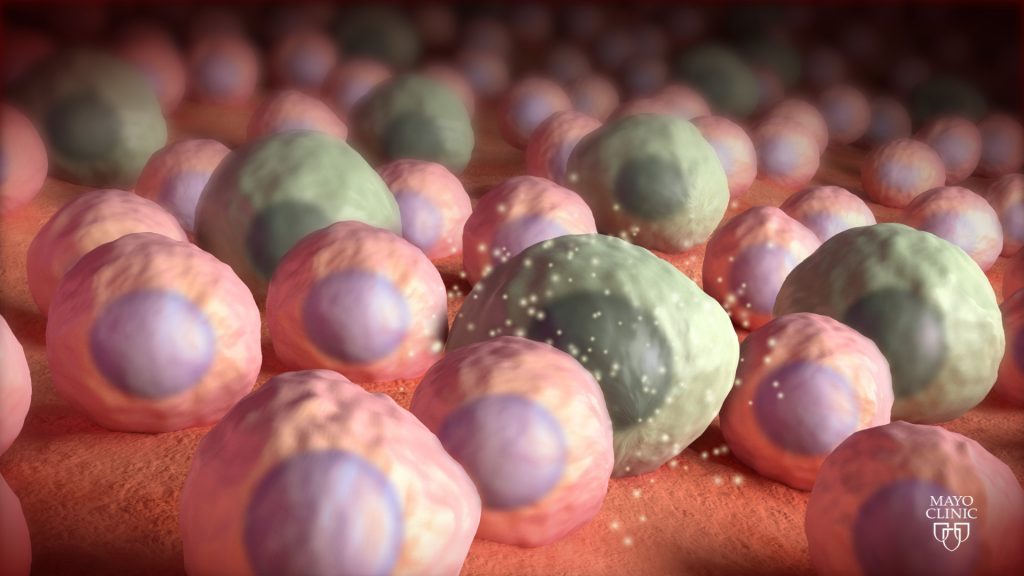
Researchers at the University of Bonn have isolated a DNA molecule that is suitable for combating allergic contact dermatitis in mice. The aptamer binds to certain immune system messenger substances, rendering them ineffective. This even works if the active ingredient is applied to the skin in the form of an ointment.
The working groups involved hope that aptamer creams such as this could also be suitable for treating other skin conditions...
Read More







Recent Comments